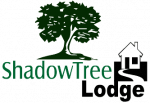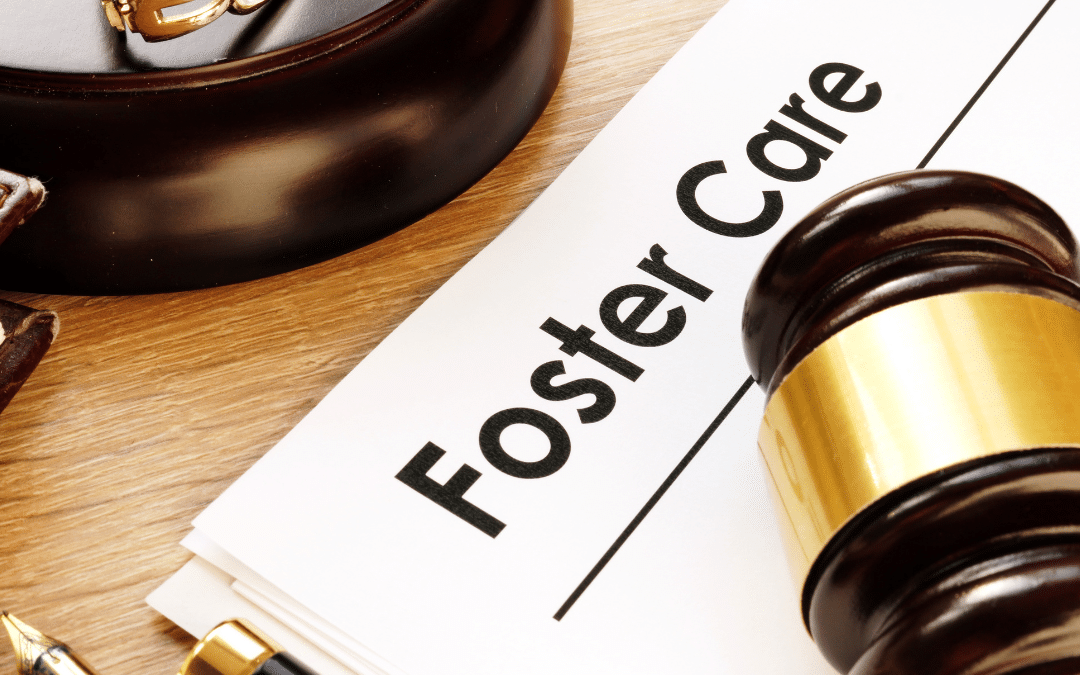Finding the right care solution for a loved one can be overwhelming—but understanding your options makes the journey easier. If you’re searching for compassionate, regulated care that promotes independence while offering support, adult foster care in Michigan may be the right fit.
From understanding state regulations to exploring costs and eligibility, this guide provides real solutions to help you make informed decisions. Whether you’re seeking care for a family member with mental health needs, physical limitations, or age-related challenges, this post explains everything you need to know—including helpful links, resources, and what to expect from trusted providers like ShadowTree Lodge.
What Is Adult Foster Care in Michigan?
Adult foster care Michigan homes offer 24-hour supervision, personal care, and support with daily living activities for adults who need assistance but not intensive medical care. These homes are designed to foster independence while ensuring residents receive the help they need in a safe, nurturing environment.
Residents of AFC homes for mentally ill adults benefit from structured routines, wellness programs, social interaction, and mental health support. These homes often serve individuals with developmental disabilities, physical impairments, or mental health diagnoses that require consistent care.
Understanding the distinction between AFC homes and Homes for the Aged is essential. AFC homes typically serve adults aged 18 and older, while Homes for the Aged are designed for individuals 55+ who do not require 24-hour medical care.
To learn more about the differences, visit ShadowTree Lodge or explore the specific licensing requirements.
Michigan AFC Home Requirements and Licensing
Running or choosing an AFC home means understanding the Michigan AFC home requirements laid out by the Department of Licensing and Regulatory Affairs (LARA). These ensure safety, quality of care, and proper staffing in every licensed facility.
Key adult foster care requirements include:
- Compliance with local building codes and safety regulations
- Staff training in personal care, CPR, first aid, and medication administration
- Capacity limits per home type (e.g., small vs. large group homes)
- Ongoing inspections and quality assurance audits
- Background checks for all staff and caregivers
Facilities like ShadowTree Lodge meet or exceed these requirements, ensuring families can trust the care provided. For a detailed look at building codes and facility standards, review the licensing and safety guidelines.
Understanding the Cost of Adult Foster Care in Michigan
One of the most common questions families ask is about the adult foster care Michigan cost. The cost varies depending on the level of care required, location, and amenities offered.
Here’s what you can expect:
- Monthly rates typically range from $2,000 to $4,500
- Adult foster care in Michigan cost is generally more affordable than nursing homes
- Medicaid can significantly reduce out-of-pocket costs
- Some facilities offer flexible payment plans or sliding scale fees
- Financial aid programs may be available based on need
Planning ahead is key. Understanding your loved one’s needs and evaluating facility pricing helps prevent unexpected financial stress. Learn more about assisted living costs in Michigan and how to reduce them through government programs and community resources.
Medicaid and Financial Assistance
Many families turn to Medicaid to help cover the adult foster care in Michigan cost, especially when long-term care is needed. Medicaid offers crucial support for individuals who meet income and asset requirements.
Coverage may include:
- Personal care assistance
- Medication management
- Supervision and behavioral support
- Help with daily activities like bathing, dressing, and eating
Eligibility is determined by factors like income level, medical necessity, and residency. Navigating the application process can be complicated, so seeking help from care providers like ShadowTree Lodge is often beneficial. Learn more about financial assistance through this cost guide.
For general Medicaid eligibility guidelines, the Michigan Department of Health and Human Services (MDHHS) provides comprehensive resources.

Who Qualifies for Adult Foster Care?
Determining whether your loved one qualifies for adult foster care in Michigan involves evaluating their needs and how they align with facility offerings.
Common eligibility criteria include:
- Adults aged 18 or older
- Need for daily living support (but not continuous medical care)
- Diagnosed mental illness, physical disability, or developmental delay
- Inability to live safely and independently
- Willingness to participate in structured care
AFC homes for mentally ill individuals are particularly valuable, offering a structured environment, support for psychiatric treatment, and daily routines that reduce isolation and anxiety.
ShadowTree Lodge tailors care to meet each resident’s needs, ensuring personalized support. Understanding care levels available at each facility helps families match their loved one with the right environment.
Provider Enrollment and Compliance
If you’re considering opening an adult foster care Michigan home, you’ll need to meet specific provider requirements to ensure legal operation and quality care delivery.
Steps include:
- Enrolling with MDHHS
- Undergoing facility inspections
- Completing staff training and credentialing
- Meeting health and safety compliance standards
- Preparing for regular audits and renewals
Following adult foster care requirements ensures your facility meets state expectations and builds trust with families. For more information, visit MDHHS Licensing & Regulatory Affairs.
Creating Safe Spaces for Mental Health Support
One of the most impactful roles of adult foster care Michigan homes is providing stability for adults with mental illness. AFC homes for the mentally ill offer daily structure, medication oversight, social connection, and therapeutic activities in a setting that feels like home—not a hospital.
These homes help reduce psychiatric hospitalizations, promote healthy routines, and offer compassionate staff trained in mental health support. At ShadowTree Lodge, residents thrive through meaningful engagement and individualized care.
Learn more about national mental health housing solutions through organizations like NAMI, which supports mental health advocacy and care education across the U.S.
Ready to Explore Adult Foster Care Solutions?
Choosing a care option for your loved one is one of the most important decisions you can make—and with the right guidance, you don’t have to do it alone. ShadowTree Lodge is here to support you every step of the way.
Whether you’re evaluating adult foster care Michigan cost, exploring AFC homes for the mentally ill, or trying to meet Michigan AFC home requirements, our team is ready to help. We provide compassionate care tailored to each resident’s needs in a secure and supportive environment.
📞 Call us at 810-660-7525
📅 Or Schedule a Tour to learn more about how ShadowTree Lodge can support your family.
Don’t wait—your peace of mind and your loved one’s well-being begin today.
Frequently Asked Questions
What is adult foster care in Michigan?
Adult foster care in Michigan provides housing, supervision, and personal care for adults who cannot live independently due to age, illness, or disability. These homes are smaller, residential settings that create a family-like environment rather than an institutional one. Care can include assistance with daily activities such as bathing, meals, and medication reminders. The goal is to support independence while ensuring safety and comfort for residents.
How much is adult foster care in Michigan?
The cost of adult foster care in Michigan can vary widely depending on the home’s location, level of care required, and amenities offered. On average, residents can expect to pay between $2,500 and $4,500 per month. Some homes may charge more for specialized services such as memory care or 24-hour supervision. Families should ask for a clear breakdown of costs when touring or inquiring about a specific facility.
Does Medicaid pay for adult foster care in Michigan?
Yes, Medicaid can help cover the cost of adult foster care in Michigan, but it depends on the individual’s eligibility and the specific program. The Michigan Medicaid Home and Community-Based Services Waiver may help with certain expenses. However, Medicaid does not always cover room and board, so residents may still have out-of-pocket costs. Families should work with a case manager to explore available benefits and financial assistance.
Who regulates adult foster care homes in Michigan?
Adult foster care homes in Michigan are licensed and regulated by the Michigan Department of Licensing and Regulatory Affairs (LARA). This agency ensures that homes meet state standards for safety, staffing, and resident care. Routine inspections and investigations are conducted to maintain compliance. Families can review licensing reports online to help them evaluate the quality and safety of potential homes.




